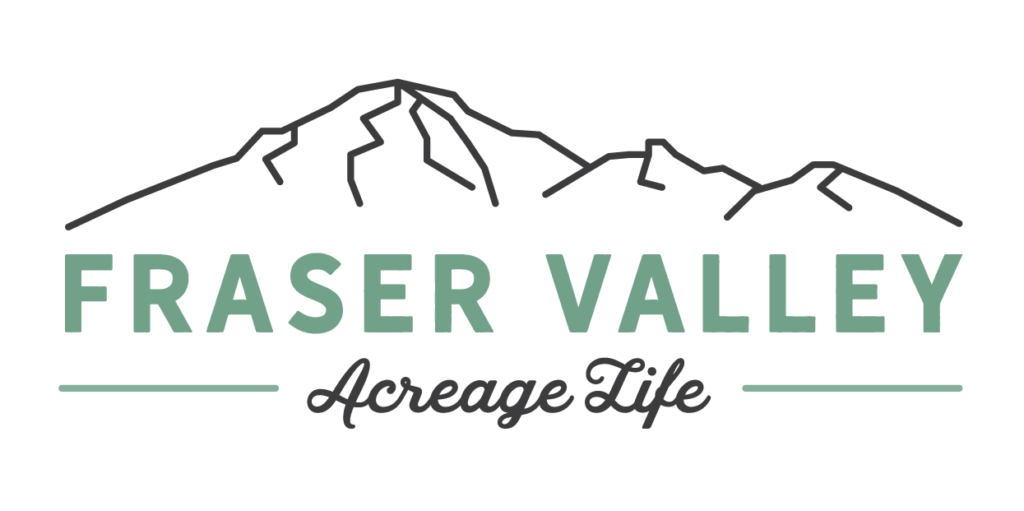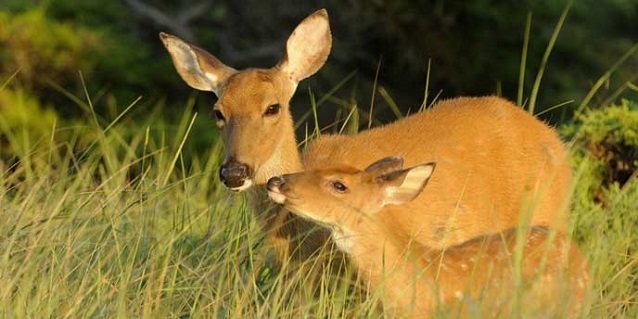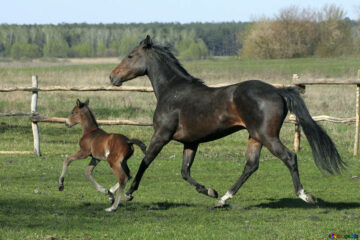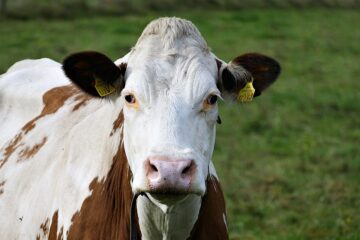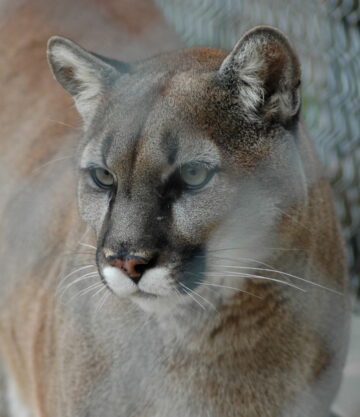Deer, Oh Dear
Deer are often seen in the lower mainland and are an integral part of the eco system. They are sometimes seen in a rural backyards and grazing in the local fields or parks.
Deer are beautiful to look at but can be pests in the garden. Their increased numbers have become a nuisance for homeowners and outdoor enthusiasts.
Everyone loves to gaze upon a beautiful Doe and her fawn or a Buck looking out over his territory; but we need to enjoy them from a distance and respect their habitat
Here are a few facts about our local Deer.
The province of British Columbia is the home of three types of deer: mule deer, black-tailed and white tailed deer. Mule deer are the most widely distributed In B.C. Deer are very adaptable and utilize a wide range of climates and habitats. In recent years they have begun to make urban areas their home. Plentiful food sources and the limited presence of predators encourage the growing population of deer to move to urban communities. Deer behavior has led to extensive conflict with humans.
In B.C. deer mainly travel alone or in small groups. Breeding season begins in late fall. Mid-November is the peek time for breeding.
Residential Concerns
Deer are wild animals, and for that reason it is important that you never approach them when they are with their young. A deer will signal an attack by laying their ears back and lowering their head. If attacked, try to stay upright. Cover your head with your arms and move to shelter. If you are concerned for your safety or have sighted deer in your neighborhood that seem to have no fear of people or pets, report the sighting to the Conservation Officer Service by calling 1-877-952-7277.
Although deer are beautiful creatures, you don’t want them to get established in your neighborhood. Because, if they do, it can become very difficult to get rid of them. Deer can obliterate your gardens and landscaping, eat your shrubs, transport ticks to your yard, harm your pets and attract larger predators.
To discourage deer from settling in your community, select non-fruit bearing trees for your yard. If you already have fruit trees, collect all fruit from your trees and on the ground to avoid attracting hungry deer.
If you see deer in your yard scare them with noise and consider installing motion activated lighting and sprinklers. Never feed deer.
Plants Trees and Shrubs
Deer can consume planted produce and will trample gardens. Antler rubbing in nurseries and orchards can severely damage trees. Cedars are a great favorite of urban deer in B.C.
Proper fencing is still the most effective option to protect your plants and property from deer. Consider a solid wood fence; if the deer can’t see what’s on the other side of the fence, they are unlikely to risk jumping over. Fencing has to be installed at the appropriate height and scale in order to be effective.
Covering plants, trees and shrubs with burlap can help to protect them during the winter months. Using netting and fences to create a barrier will work well during growing season. You can also benefit from using chicken wire either in a larger area or on individual plants. Also, consult your local nursery to find out the least desirable plants for deer.
Recreational Dangers
We have a great multitude of outdoor recreation opportunities in B.C. Encounters with deer are very common, so if you are hiking or camping with a dog, keep them close. Members of the dog family are natural predators of fawns in the wilderness so a doe will definitely see your dog as a threat to their young. Dogs have been attacked and killed by a defensive doe with fawns.
If you come across fawns while hiking, never touch them. Back away and leave the area immediately. Does will hide their fawns while they are feeding and return to nurse them. As a result, if you touch a fawn, the doe will pick up your scent and you will greatly decrease the fawns chance of survival.
Stay on an existing trail to reduce your chances of happening upon hidden fawn.
Always respect wildlife, and give them their space.
See More fraservalleyacreagelife.com
“Compliments of Joan Hansen Homelife Benchmark Realty”
SPECIALIZING IN ACREAGE & FINE FAMILY HOMES IN THE FRASER VALLEY
604-220-7653(SOLD) “REALTOR SINCE 1980”
